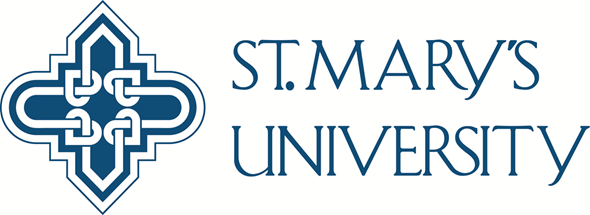Department
Counseling and Human Services
Degree Name
Doctor of Philosophy (PhD)
Date of Award
9-2020
Format
Degree Level
Ph.D.
LCSH subject
Counseling psychology; Study and teaching -- Play therapy -- Counselors; Psychology -- Counselors; Attitudes
ISBN
9798569987559
Medium
Manuscript
URI
http://blume.stmarytx.edu:2048/login?url=https://www.proquest.com/dissertations-theses/relationships-between-professional-development/docview/2494183060/se-2?accountid=7076
Proquest Document ID
2494183060
Identifier
ETD2020Anderson
School/University
St. Mary's University
Size or duration
ix, 179 pages
Copyright date
9-2020
Document Type
Dissertation
First Advisor
Priscilla Reyna-Vasquez
Second Advisor
Ratliff, Dan
Third Advisor
Murphree, Laura Marisol
Abstract
Most counselors receive inadequate training in play therapy, through university counselor education programs, to counsel children using the method, which leaves novice counselors searching for workshops, institutes, conferences, or self-training to effectively meet the mental health needs of children with play therapy. In this first-of-its-kind study, the researcher investigated relationships between professional development and play therapy among working counselors and measured attitudes, knowledge and skills, and types of training in play therapy. A nonrandom sample of counselors were recruited from relevant online sources in this quantitative study. Attitudes, knowledge, and skills were measured by the self-reported Revised Play Therapy Attitude-Knowledge-Skills Survey (Kao, 2009).
The results of a MANOVA indicated a significant relationship between professional development and attitudes, knowledge, and skills in play therapy among counselors based on the various training types. The multiple regression analysis revealed that university training, institute/professional conference, and workshop training combined predicted higher attitudes; institute/conference training predicted higher skill level; and workshop training predicted higher knowledge. A simple linear regression revealed that knowledge predicts skills in play therapy. APT membership demonstrated higher knowledge and skills mean scores when compared with non-APT members using a t test. Three hypotheses were confirmed at a statistically significant level: Counselors with university-level training had higher levels of attitudes, knowledge, and skills; knowledge in play therapy predicted high skill levels of the counselors; and APT membership related to higher levels of knowledge and skills.
Recommended Citation
Anderson, Cynthia Ann, "Relationships Between Professional Development and Attitudes, Knowledge, and Skills in Play Therapy Among Counselors" (2020). Dissertations. 43.
https://commons.stmarytx.edu/dissertations/43
Creative Commons License

This work is licensed under a Creative Commons Attribution-NonCommercial 4.0 International License


